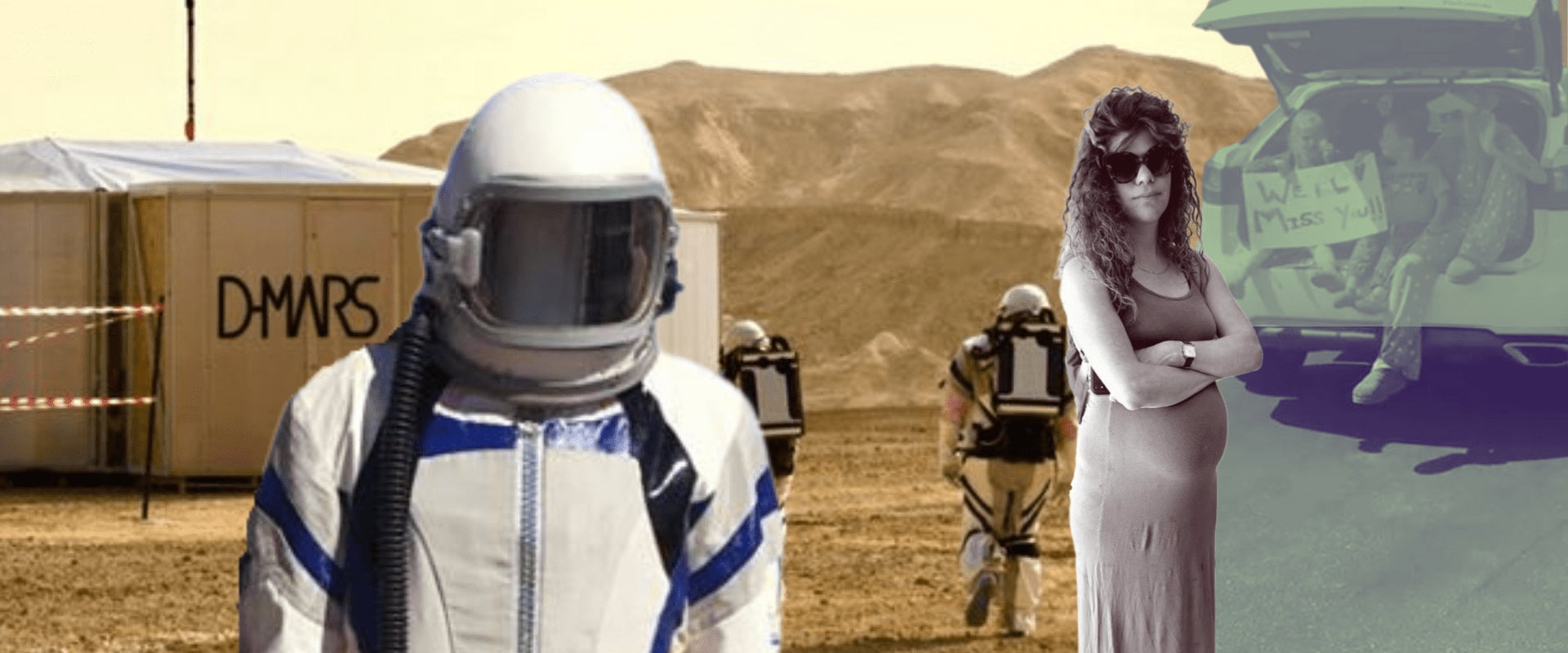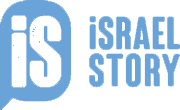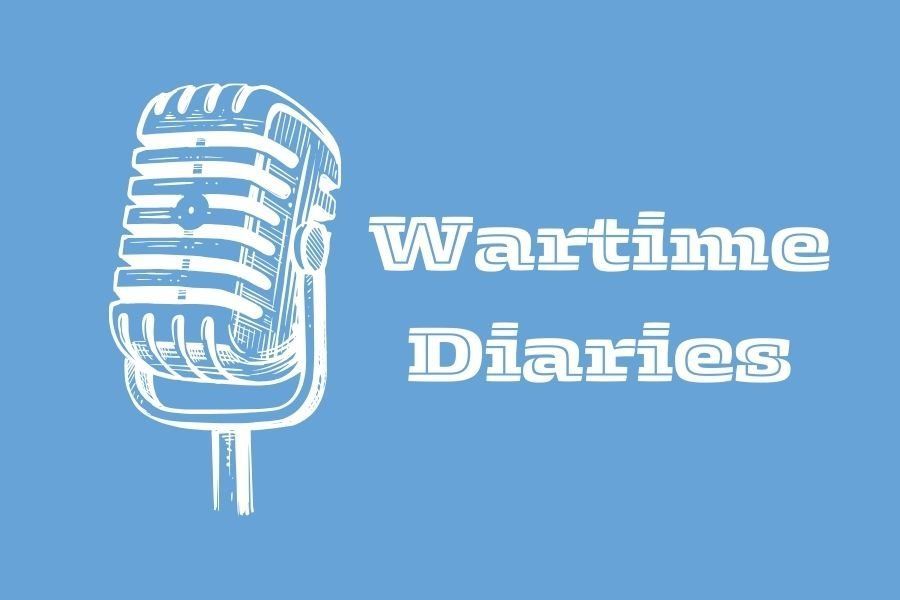Round Trip
- 53:18
- 2020

We often need to go far away in order to fully appreciate what we have in our own backyard. That was definitely the case for the Israelis we will meet in today’s episode – whether they were returning from mushroom-picking expeditions in Bulgaria, relocations to Southern California or pretending to live on the next planet over.
Prologue: "Flights"
Mishy Harman and Marie Röder visit an empty arrivals hall at Ben Gurion Airport, where they shadow the duo behind one of Israel’s most popular newspaper columns.
Act I: See Ya
In July 2018, Chaya Gilboa – a social activist and Talmud teacher – packed her bags and left her beloved native city of Jerusalem. Along with her family – her husband Marik and their two young sons, Michael and Avshalom – she relocated to San Diego, where Marik was offered a post-doc position and Chaya landed a great job at an amazing foundation. They quickly settled into the So Cal lifestyle and the boys loved their new kindergarten friends. Everything seemed good. Then COVID arrived, and with it, a heightened sense of foreignness and longing. A written version of this story (in Hebrew) was first published in Mitzpe – The Hannaton Educational Center’s Journal, issue #3. For Chaya’s previous essay on Israel Story, check out Ep. 3, “People of the Book” (Act II – ‘The Most Beautiful Book Ever Written’).
Act II: Permission to Land
Make-believe isn’t, of course, just for kids. In an ambitious “extra-planetary” project, Zev Levi followed six Israelis who entered a small container in the middle of the Negev Desert, and pretended they were on Mars. For eleven action-packed days, they kept this elaborate analog fantasy alive. But when it was time to return back to Earth? Well… everything, ironically, felt alien.
Credits
Zev Levi and Yochai Maital scored and sound-designed the episode with music from Blue Dot Sessions and Shane Ivers. Sela Waisblum created the mix. Thanks to Abby Neuschatz, Scarlett De Jean, Anna Correa, Niva Ashkenazi, Judah Kauffman, Dr. Hillel Rubenstein, Jackie Faye, Hadas Nevenzal and Alon Shikar. The full songs played in the episode are Yotze El Ha’Or – Ha’Shvil Ha’Zeh (“Going Out to the Light – This Path”) by Ehud Banai and Nag’aa Ba’Shamaim (“Touched the Heavens”) is by Mashina.

 Wartime Diaries
Wartime Diaries

